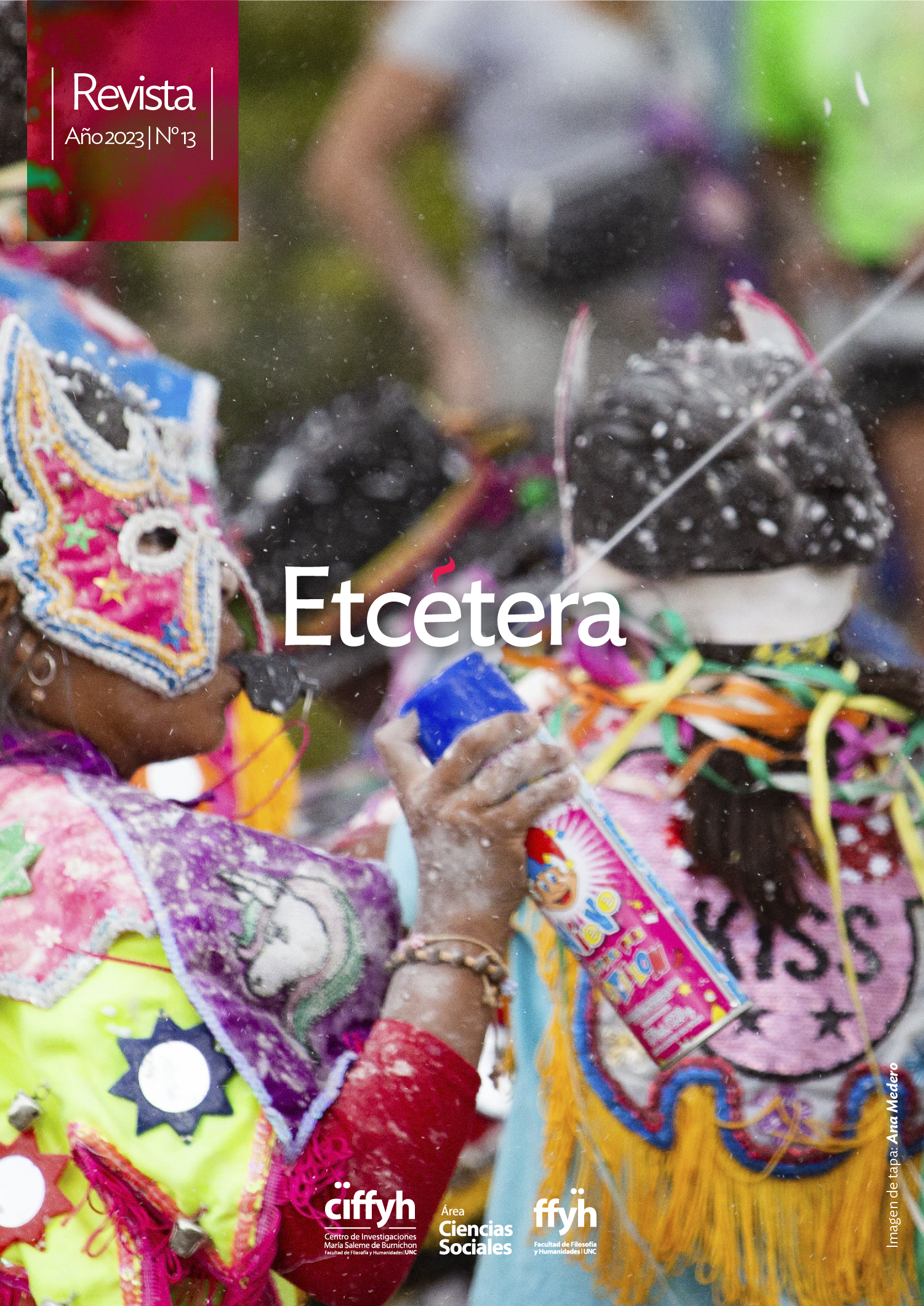Antonio Gramsci: towards an ethnographic marxism
Traducción de Crehan, K. (2018). Antonio Gramsci: towards an ethnographic marxism. ANUAC, vol. 7, núm. 2, pp. 133-150. Italia: Società Italiana di Antropologia Culturale
Keywords:
Gramsci, Marxism, Cultural Struggle, Ethnography, MalinowskiAbstract
"Culture" was always for Gramsci an important aspect of political struggle. In the Prison Notebooks he insists on the need for "a cultural front alongside the merely economic and merely political ones" (Gramsci, 1995: 345). We should note, however, that the concept of culture we find in the notebooks is rather different from that of mainstream anthropology (see Crehan, 2002). At the same time Gramsci’s approach to culture and the relation of culture to history can be seen as informed by an ethnographic sensibility, which is always determined to seek out, and take seriously, the narratives others use to make sense of their world and navigate their way through it. To clarify the nature of the ethnographic sensibility we find in the notebooks and the letters from prison, the article compares this sensibility to that of Bronisław Malinowski as laid down in the famous "Introduction" to Argonauts of the Western Pacific (termed by George Stocking, anthropology’s mythic charter). The article argues that Gramsci’s ethnographically-informed approach can help anthropologists and others trace out the complicated passage between the material structures that shape the basic social and political landscapes within which people live, and the narratives by which they live. And that understanding this is a crucial foundation for any effective political movement that would bring about a more just and fair world.
Downloads
References
Bianchi, A.; Mussi, D. y Areco, S. (forthcoming). Antonio Gramsci: entre a filologia e a política. Porto Alegre: Zouk.
Crehan, K. (2016). Gramsci’s common sense: inequality and its narratives. Durham and London: Duke University Press.
Crehan, K. (2002). Gramsci, culture and anthropology. Berkeley: University of California Press.
Geertz, C. (1973). Thick description: towards an interpretive theory of culture. In: The interpretation of culture, pp. 3-30. New York: Basic Books.
Gramsci, A. (2007). Antonio Gramsci: Prison Notebooks, vol. III. Translated and edited by Joseph Buttigieg. New York: Columbia University Press.
Gramsci, A. (1996). Antonio Gramsci: Prison Notebooks, vol. II. Translated and edited by Joseph Buttigieg. New York: Columbia University Press.
Gramsci, A. (1995). Further selections from the Prison Notebooks. Translated and edited by Derek Boothman. Minneapolis: University of Minnesota Press.
Gramsci, A. (1994). Letters from prison: Antonio Gramsci, 2 vols. Edited by Frank Rosengarten. Translated by Ray Rosenthal. New York: Columbia University Press.
Gramsci, A. (1985). Selections from the Cultural Writings. Edited by David Fogacs and Geoffrey Nowell-Smith. Translated by William Boelhower. London: Lawrence and Wishart.
Gramsci, A. (1971). Selections from the Prison Notebooks. Edited and translated by Quintin Hoare and Geoffrey Nowell Smith. London: Lawrence and Wishart.
Green, M. E. (2011). Gramsci cannot speak. Presentations and interpretations of Gramsci’s concept of the subaltern. In: Green, M. (ed.), Rethinking Gramsci, pp. 68-89. New York: Routledge.
Kipling, R. (2011 [1885]). The strange ride of Morrowbie Jukes. In: The man who would be king. The selected stories of Rudyard Kipling, pp.15-32. Edited with an introduction and notes by Jan Monetefiore. London: Penguin Books.
Malinowski, B. (1922). Argonauts of the Western Pacific. An account of native enterprise and adventure in the archipelagoes of Melanesian New Guinea. London: Routledge and Kegan Paul Ltd.
Piketty, T. (2014). Capital in the Twenty-First Century. Cambridge: Belknap Press of Harvard University Press.
Scott, J. C. (1990). Domination and the arts of resistance: hidden transcripts. New Haven: Yale University Press.
Stocking, G. (1992). The ethnographer’s magic and other essay in the history of anthropology. Madison: University of Wisconsin Press.
Downloads
Published
Issue
Section
License
Copyright (c) 2023 Etcétera. Revista del Área de Ciencias Sociales del CIFFyH

This work is licensed under a Creative Commons Attribution-NonCommercial-ShareAlike 4.0 International License.
Aquellos autores/as que tengan publicaciones con esta revista, aceptan los términos siguientes:
- Los autores/as conservarán sus derechos de autor y garantizarán a la revista el derecho de primera publicación de su obra, el cuál estará simultáneamente sujeto a la Licencia de reconocimiento de Creative Commons que permite compartir, copiar, distribuir, ejecutar y comunicar públicamente la obra, siempre que: 1) se cite la autoría y la fuente original de su publicación (revista, editorial y URL de la obra); 2) no se use para fines comerciales; 3) En caso que se transforme o genere una obra derivada a partir de esta obra, deberá compartise bajo las mismas condiciones establecidas por esta licencia.
- Los autores/as podrán adoptar otros acuerdos de licencia no exclusiva de distribución de la versión de la obra publicada (p. ej.: depositarla en un archivo telemático institucional o publicarla en un volumen monográfico) siempre que se indique la publicación inicial en esta revista.
- Se permite y recomienda a los autores/as difundir su obra a través de Internet (p. ej.: en archivos telemáticos institucionales o en su página web) luego de la publicacion del articulo, lo cual puede producir intercambios interesantes y aumentar las citas de la obra publicada. (Véase El efecto del acceso abierto).
- El titular del copyright es Etcétera. Revista del Área de Ciencias Sociales del CIFFyH.



















